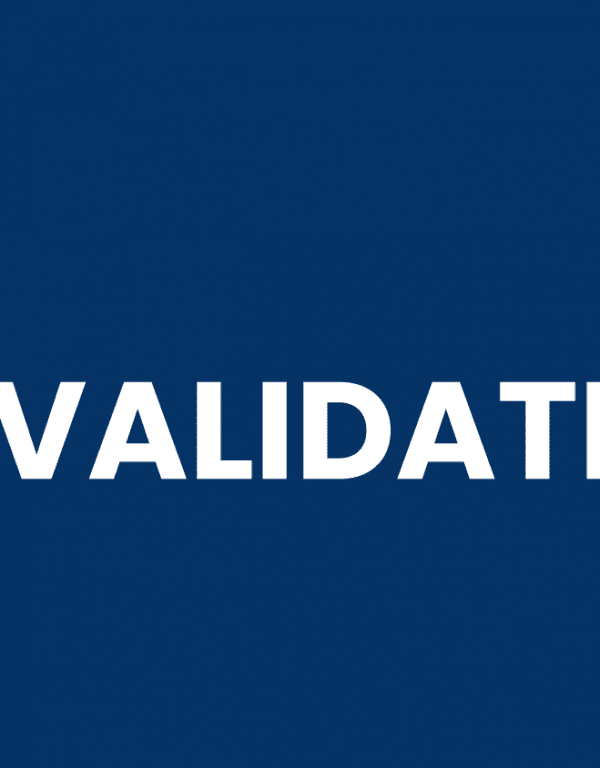
I think the news should always be fair.
But I think the news-consuming public, to a significant degree, is saying that it doesn’t really want balance.
That’s especially true when it comes to blogs, with people self-selecting those whose views validate their own.
And it’s also true when it comes to TV news. Because people seem to self-select the sort of news they want to hear/watch.
That’s the entire premise of Fox News, after all, which says it has the most viewers (compared with CNN). And that embrace of things more liberal is one reason MSNBC has seen its ratings improve.
Now Fox News’ tagline famously says it is “fair and balanced,” but after watching Fox News side-by-side with CNN this morning, I have to say I think Fox’s definition of “balanced” means “when averaged in against other broadcast outlets.”
Both Fox and CNN covered many of the same news items — namely the election and the financial crisis. How could they not?
But there was a significant difference in how the two outlets approached the news.
Fox News’ “Fox & Friends” had a former Wall Streeter-turned-author on to talk about the underlying cause of the current economic crisis. His point was that politicians on both sides of the aisle are to blame. One of the first questions from Fox tried to tie blame for the current crisis on the Clinton Administration for allowing deregulation to occur (irony alert: that’s something conservatives usually champion).
The author pointed out that Republicans controlled Congress during the Clinton administration, and that they had pushed for deregulation. He then repeated his statement that it’s a bipartisan, systemic problem in part due to lobbyists and donations to politician’s campaign funds. The Fox co-anchor agreed, pointing out that Obama and Biden had accepted PAC funds. When the author pointed out that every politician, including McCain, accepts money from lobbyists, the Fox co-anchor made a distinction between PAC money and other kinds of donations. The segment appeared to end abruptly when the author disagreed, saying it is not accurate to blame one party over the other.
The Fox segment seemed neither fair nor balanced.
Meanwhile CNN featured interviews with apparent experts who tried to provide context about the current financial crisis. I did not see any attempt at finger-pointing on the part of the anchors, reporters or guests.
Next up on both networks was the claim that political ads are negative and filled with lies. Fox interviewed an editor at the conservative National Review, who said that after studying one of the ads (about sex education) and talking to a politician who helped draft the bill (no mention of her political affiliation), his conclusion was that the truth was more ambiguous. Probably more truth than not, according to the National Review. The segment did not look at Obama ads, so no attempt to be balanced there. Just felt that editorially it was okay to have a conservative review McCain’s ad to say it was actually mostly on the mark.
That would be like asking someone in Boston who’s been the better team over the past decade: the Yankees or the Red Sox. Yeah, the Yankees, having a terrible year, have been to the playoffs almost every season during that time but the Sox have won two World Series — that would be fair and balanced. But there’s no doubt someone from Boston would always say the Sox was better. Just as there’s no doubt someone from New York would say the same about the Yankees.
Meanwhile, CNN’s segment on the candidates’ ads included someone from FactCheck.org, a project of the Annenberg Public Policy Center of the University of Pennsylvania that says it accepts no funding from business corporations, labor unions, political parties, lobbying organizations or individuals. The segment included a look at an ad from both campaigns.
Fox claims it is more balanced than CNN, but a random 30-minutes’ look at both Fox and CNN showed that Fox did not live up to its tagline.
From what I know, “balance” in journalism has not always been valued highly. Accuracy is clearly important, but many newspapers in other countries are open about their political bias. That was true in the U.S. as well. The Watertown (WI) Leader started off as the Watertown Republican in 1860. The Sonora (CA) Union-Democrat has been the leading newspaper of the Mother Lode since 1854. Objectivity in journalism is a recent change. I get my balance by reading the New York Times’ editorial pages — and the Wall St. Journal’s editorial pages.
Here’s where balance doesn’t make for good journalism: a politician’s attack ad may contains lies — but the news media will give a he-said/she-said quote, which gives the attacking politician the chance to rebut accusations that the ad contains lies. In the need to appear objective and nonpartisan, the media diminishes its role as serving as a check-and-balance to misstatements. (As a teenager, I once tried to characterize a lie to my parents as a misstatement. They didn’t buy it — and neither should we.)
If a politician is lying, the media should report it; give him/her a chance to rebut, but then provide objective facts that the statement is a lie, and call it as such.
And if news media can connect with readers by taking a particular political stance — I think they should. After all, if the only newspaper in a city starts tilting right or left, it may find more readers who are more passionate about the paper. If readers don’t like it, even in a somewhat less free-market economy, I bet someone else will decide to publish a paper that tilts in the opposite direction.
Perhaps the future of journalism in regard to balance should tear out a page from journalism’s past. Be biased but be upfront about that bias.
Update: After I posted this article, the New York Times’ Patrick Healy wrote about the use of the word “lie” in politics in an article entitled, “Let’s Call a Lie a Lie … Finally. Check it out.



